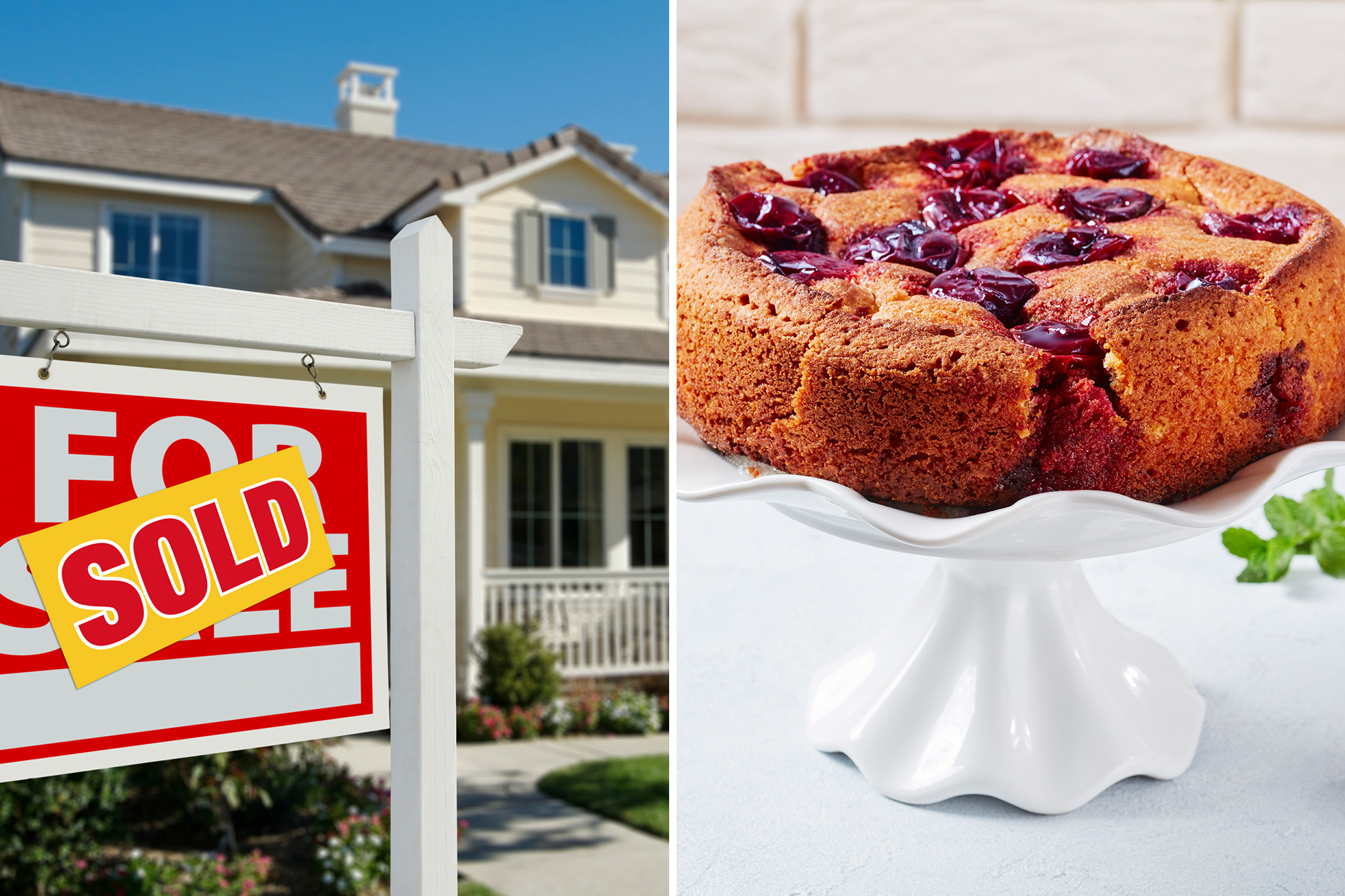H
omeowners are facing a challenging market, with delistings surging over the summer. For every 100 new listings, 21 were pulled from the market, rather than accepting lower offers. This shift in power dynamics marks a transition from seller-friendly to buyer-friendly conditions.
To stand out, some sellers are turning to creative tactics, including baking. A viral recipe for The Original Plum Torte has been credited with helping homes sell. One commenter claimed that baking the torte for an open house led to a sale, attributing it to the sweet perfume of the dessert filling the kitchen.
The science behind scent marketing is rooted in its ability to trigger memories and emotions. Smell connects directly to the amygdala and hippocampus, making it a powerful tool for building associations with products or spaces. Real estate agents have long leveraged this connection, using custom fragrances to create a welcoming atmosphere.
However, smell can also backfire, particularly if it's overpowering or unpleasant. Mold, pet odors, and artificial air fresheners are common deal breakers. Even pleasant smells can raise red flags if they're perceived as desperate attempts to mask underlying issues.
To make the most of scent marketing in real estate, focus on ridding your home of lingering odors and using subtle, natural scents. A fresh-smelling home may not leave a lasting impression like a warm torte, but it won't send buyers running either.
I tested the power of The Original Plum Torte by baking it at home. Within 30 minutes, the kitchen was filled with a delicious aroma that seemed vaguely seasonal and welcoming. While the scent alone wouldn't secure an offer, engaging all five senses is a smart strategy for selling a home. As one agent noted, "Selling a home is never just about the structure and price tag; it's an emotional experience."














